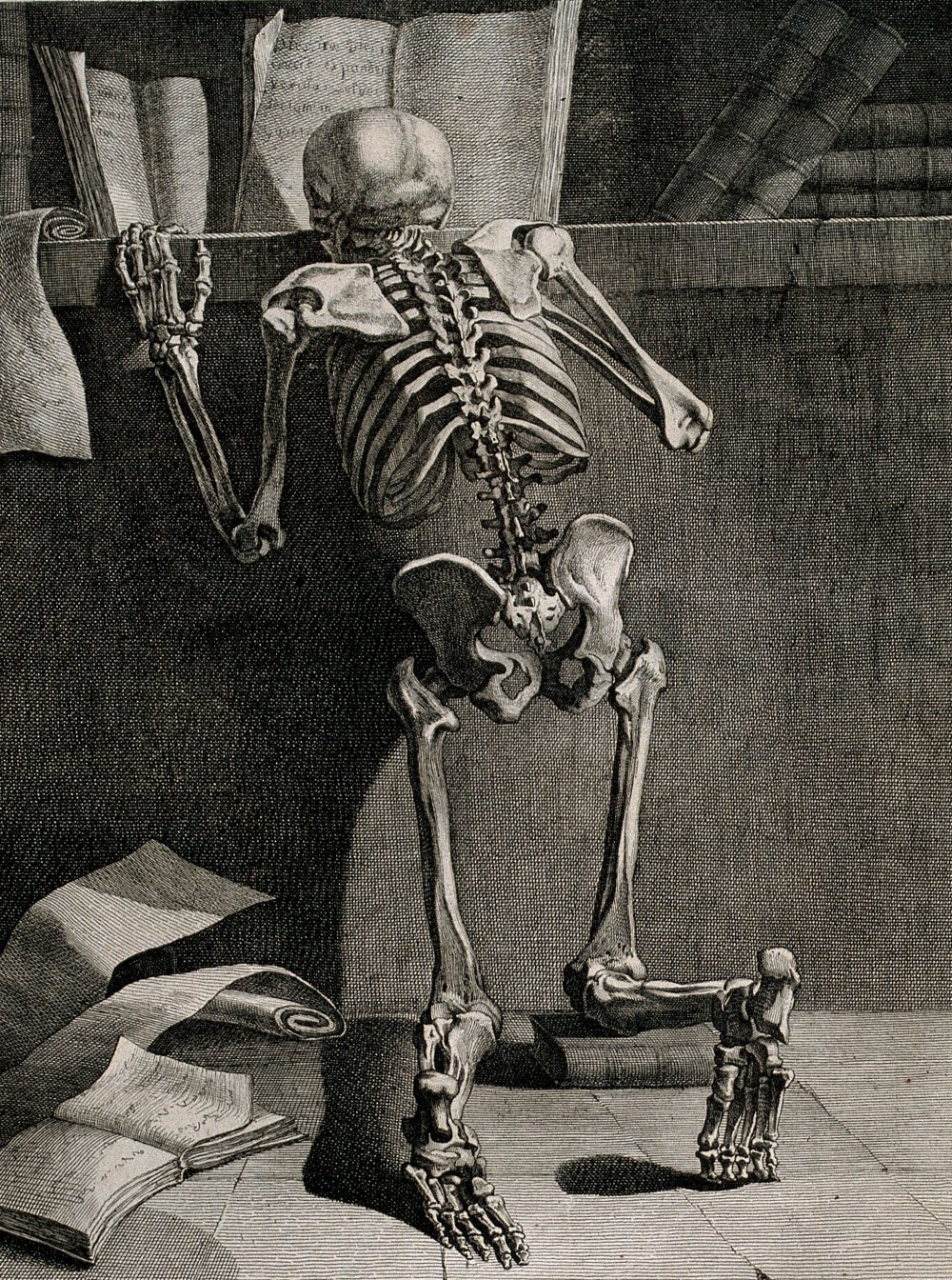Friday & Saturday, April 20-21 2018
In recent years, scholars from a number of fields, including intellectual history, history of science, philosophy, and literary theory, have begun to investigate the status of knowledge and ways of knowing in the past. With this new attention to the history of knowledge, scientific objects and discourses have acquired a privileged place — and not only for historians of science. This renewed interest in science has inaugurated several important methodological approaches, which are united by a shared interested in developing a level of theoretical rigor necessary to historicize and explore the epistemological complexities of knowledge production, both within and beyond the sciences. Several productive approaches — e.g., historical epistemology, history of the philosophy of science, and historical applications of the sociology of scientific knowledge and actor-network theory — have been developed by scholars in history of science and science studies. Still others have emerged out of broad traditions in intellectual history and the history of ideas, including conceptual histories, world histories, new historicism, and “archaeologies” and “genealogies” of knowledge.
These various approaches have been incredibly fruitful, and yet, as some recent commentators have pointed out, the question still remains as to whether and to what extent approaches drawn from intellectual history traditions can coalesce with and flourish alongside approaches drawn from history of science. Can the history of ideas and the history of science find common ground in histories of knowledges? Our workshop seeks to facilitate interdisciplinary dialogue between scholars working in traditions of intellectual history and scholars working in the history of science and STS fields. In assembling this group, we hope to explore a set of overlapping epistemological and methodological questions that are often shared among scholars interested in exploring the history of knowledge and science. How do we navigate between contextualization and interpretation? What is the epistemic status of scientific research as an archive of human knowledge? What styles of reading have different disciplines developed, and how have they applied these styles to scientific texts and discourses in particular? Of particular concern to this workshop is to assess not only the relative values of, but the analytic relationships between case studies, microhistories, and local investigations on the one hand and more macro frames of analysis such as genealogy, cosmology, global analysis, and even “deep history.” By organizing the workshop around methodological questions such as these, we hope to cultivate a cross-disciplinary exchange about approaches to the study of knowledge and science as cultural practices, as institutions and objects, and as a rich archive of texts.
Nima Bassiri (nbassiri@uchicago.edu) & Isabel Gabel (igabel@uchicago.edu), organizers
Sponsored by the Morris Fishbein Center for the History of Science and Medicine, the Franke Institute for the Humanities, the Stevanovich Institute on the Formation of Knowledge, the Department of History, and the Society of Fellows in the Liberal Arts.
